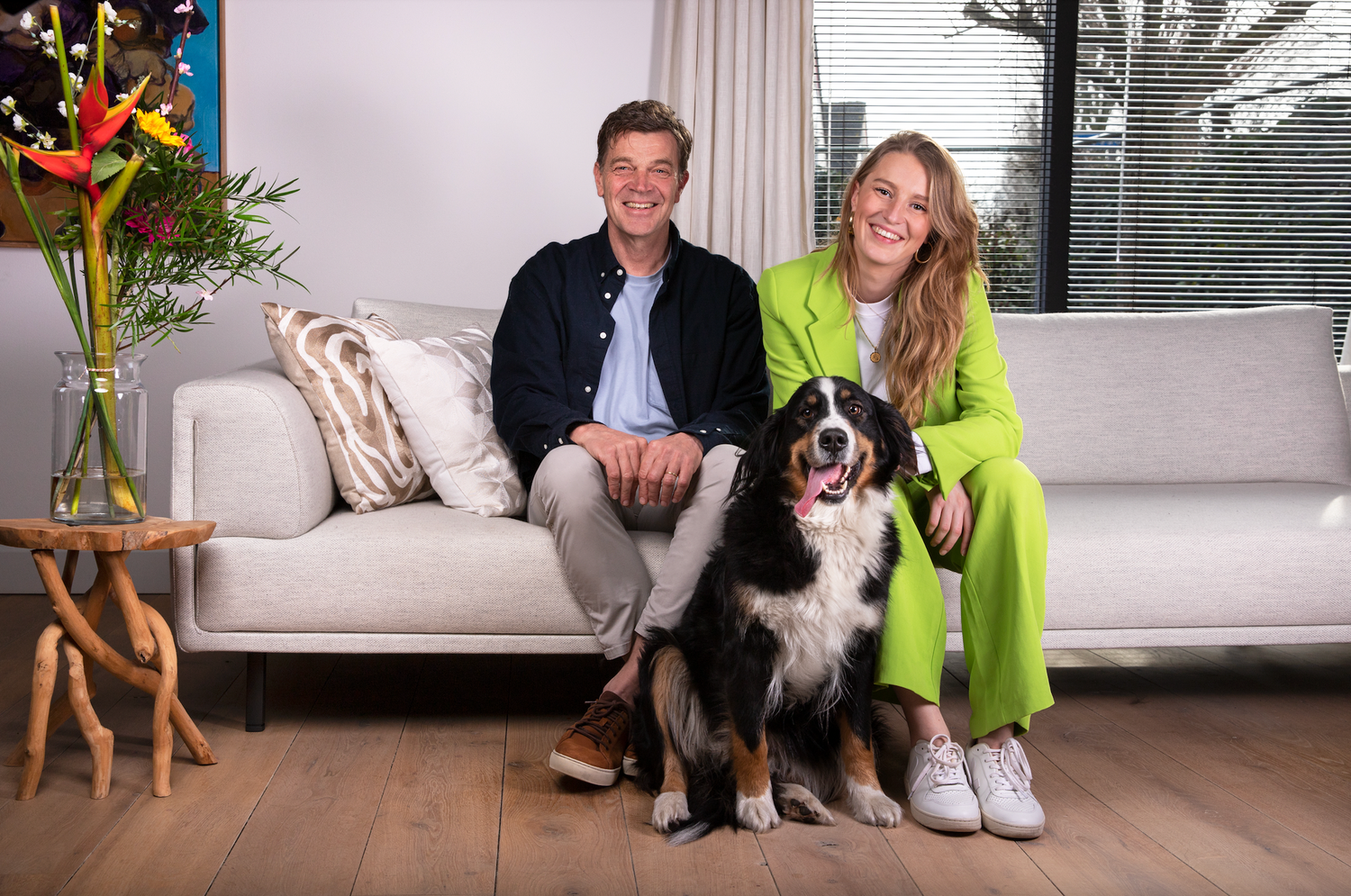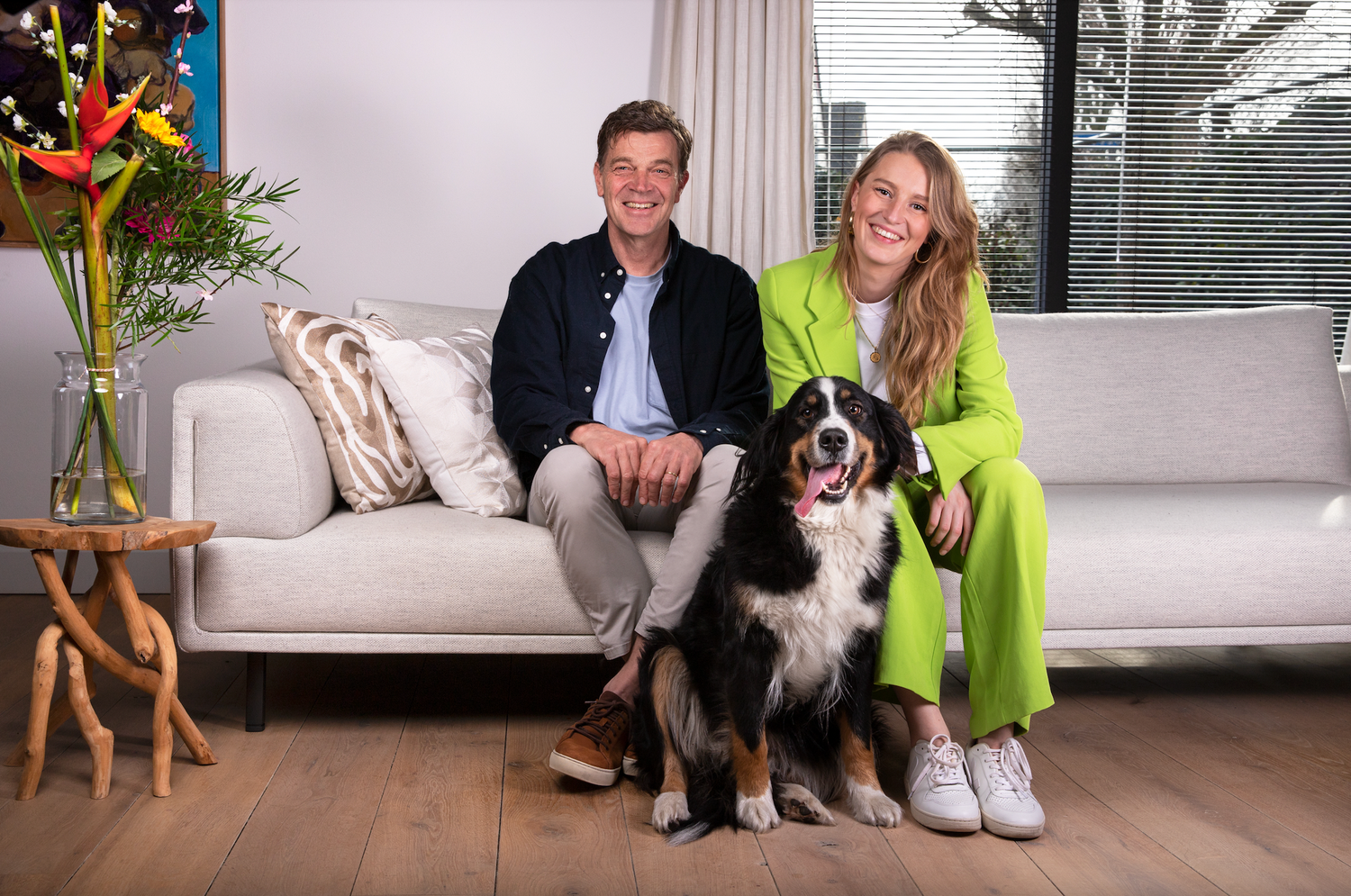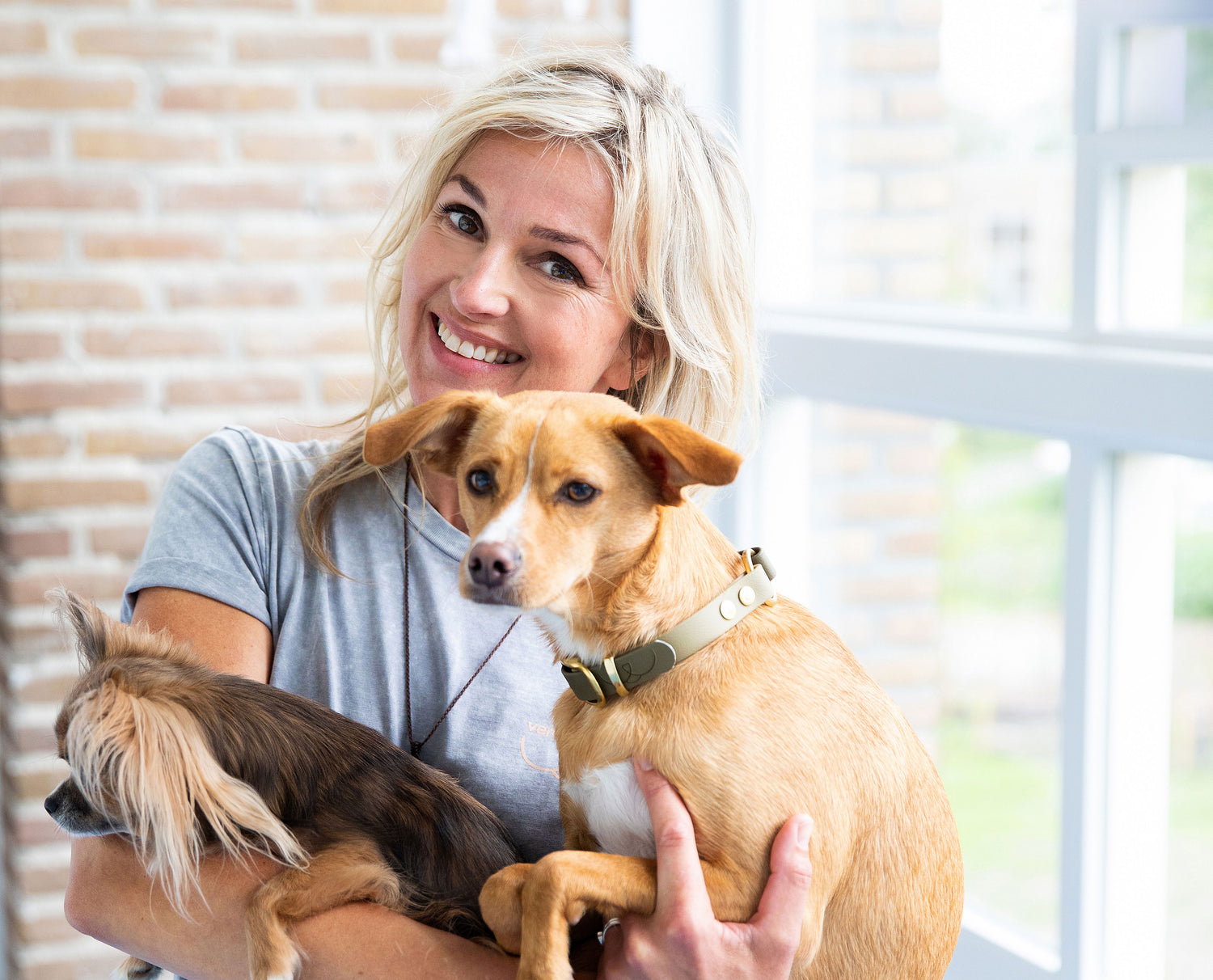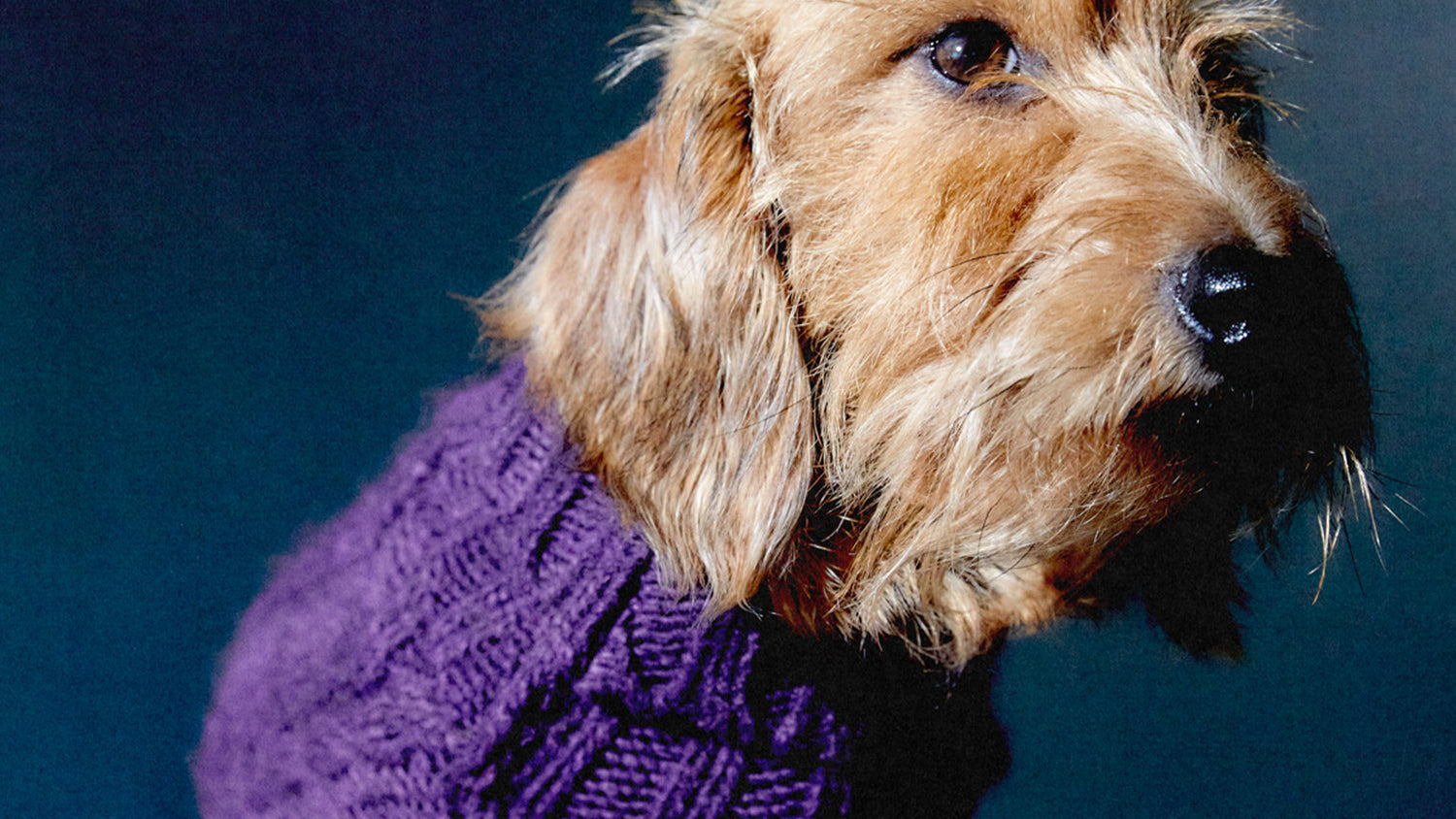Oh boy, have you ever felt anxiety? It's a real downer, especially nowadays. For dog's this is not so different. Their world is divided between two groups of humans - those who understand and empathize with anxious dogs, and those who just don't get it. And the latter can be really harsh, unfeeling, and downright disrespectful to both you and your furry buddy.
But hey, you came to the right place! As it is dog anxiety awareness week we decided to help you out with some useful tips!
People are finally realising that having a completely chill and fearless pup is more of a rare gem than a common occurrence. Lots of dogs have their own little quirks that make them uncomfortable or nervous, like being alone, encountering felines, or dealing with kids. And this newfound awareness means that we can now approach dog anxiety with easier and more effective tactics.
So let's start with the basics, shall we? If you notice that your dog is acting out of sorts, like excessive barking or whining, showing aggression, panting or drooling like crazy, digging or scratching like there's no tomorrow, looking down in the dumps, licking everything in sight, pacing around restlessly, chewing like it's their job, having potty accidents, trembling or shaking - then it's likely that they're experiencing anxiety or nervousness.
It's important to remember that these are signs of stress and not just plain bad behavior. So if your fur baby is showing some of these symptoms, don't panic! There are plenty of things you can do to help them feel better and more relaxed.
Unleash the power of a happy pup with these eight tips to help reduce dog anxiety!
-
Training - For starters, one effective method is counterconditioning, which aims to alter the dog's response to anxiety-causing stimuli by replacing it with a more desirable behavior like focusing on the owner or sitting. Another technique is desensitisation, where the owner gradually exposes the dog to the anxiety-inducing trigger in small doses and with decreased intensity.
However, training an anxious dog can be challenging, and seeking professional help from a dog trainer is highly recommended to choose the best approach for your furry friend. It's important to seek out a modern dog trainer who uses positive reinforcement methods. Fear-based training can be harmful to your pup's mental health and well-being, so it's important to avoid it at all costs.
-
Body language - Understanding your dog's body language is also key in reducing anxiety. Learning how to communicate with your furry friend can help build a stronger bond and reduce stress for both you and your pup.
-
Exercise - If your dog is struggling with seperation anxiety, get your pup's tail wagging and anxiety at bay with some exercise! Whether it's a game of fetch or a nice walk, burning off that extra energy can help soothe their mind. Plus, you'll get some quality bonding time and endorphins flowing for both you and your furry friend.
- In addition, you can make your pup more visible by using a yellow ribbon or nervous bandana. Not only is this a great excuse to go shopping for cute accessories, but it can also help others identify that your pup may need some extra space or patience.
-
Veterinarian - If you're having a rough day at the vet, consider switching to a more modern and empathetic veterinarian. Do some due diligence on vets who are specialised in nervous dogs, this can help make the experience less stressful for your pup. Your veterinarian can assist you in identifying whether your dog's anxiety is only situational or if it is developing into a more severe problem. Furthermore, they can eliminate any underlying medical problems that may be contributing to your dog's symptoms.
-
Medication - In some cases, medication may be necessary to help your pup manage their anxiety. Don't worry, there are safe and effective options available. Talk to your veterinarian about the products best suited for your dog.
- Fetch some shared interests that don't require a trip to the dog park. You and your pup can still have a great time together without leaving your backyard.
Finally, it is important to remember that excessive anxiety in dogs can stem from various factors, such as fear-related anxiety, seperation-anxiety or even age-related anxiety. Therefore, the most effective treatment often involves a combination of training, preventive measures, and sometimes medication.
Don't forget, dealing with dog anxiety can be a challenging journey, but with patience, love, and a combination of various strategies, you can help your furry friend overcome their fears and live a happier, more relaxed life. Always remember to consult with a veterinarian or professional dog trainer if you have any concerns about your dog's well-being. With the right approach and care, you can help your dog unleash their inner happiness and enjoy a more peaceful and fulfilling life by your side.






